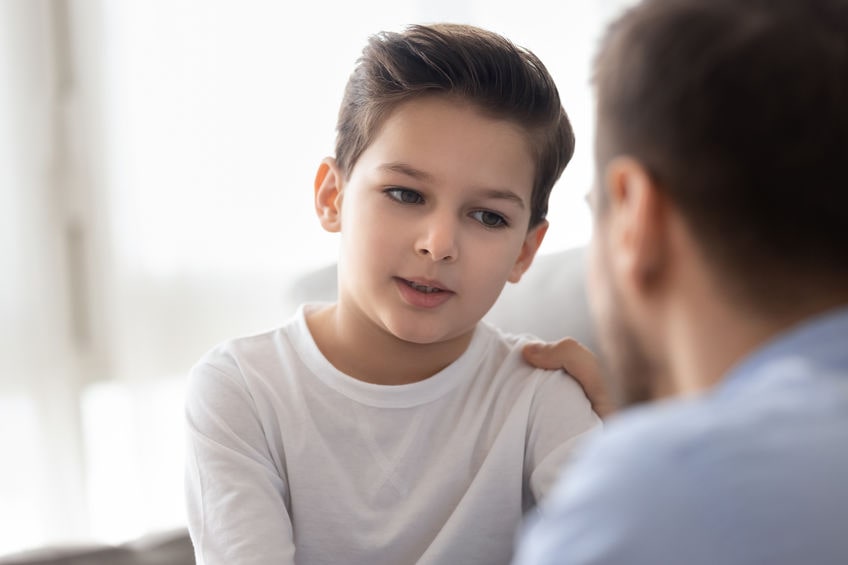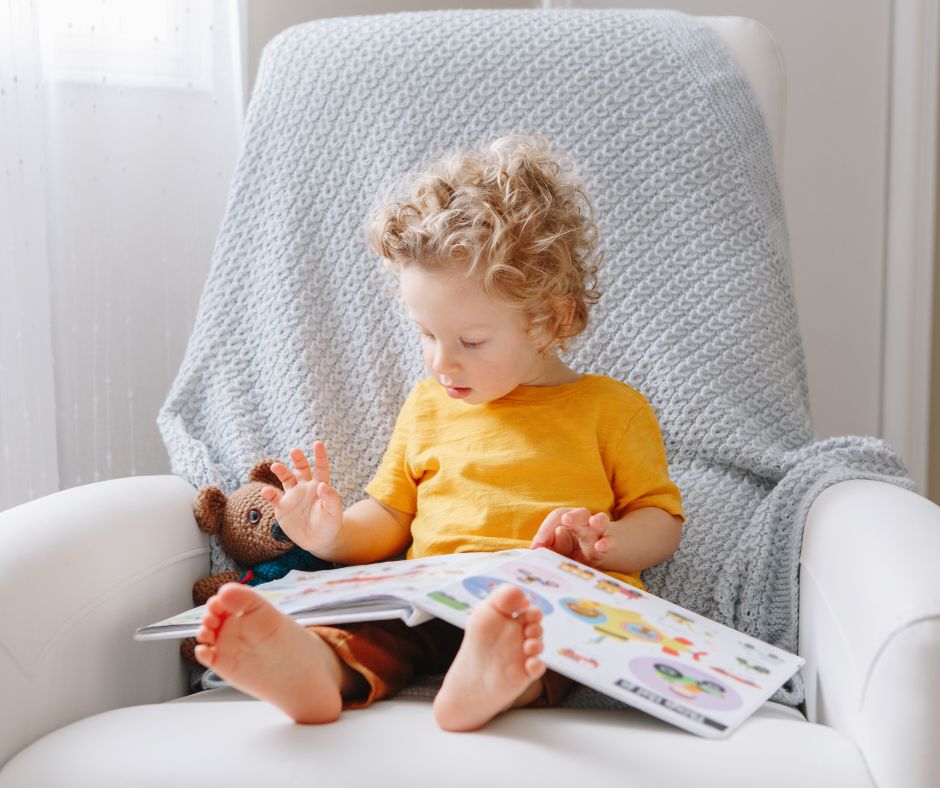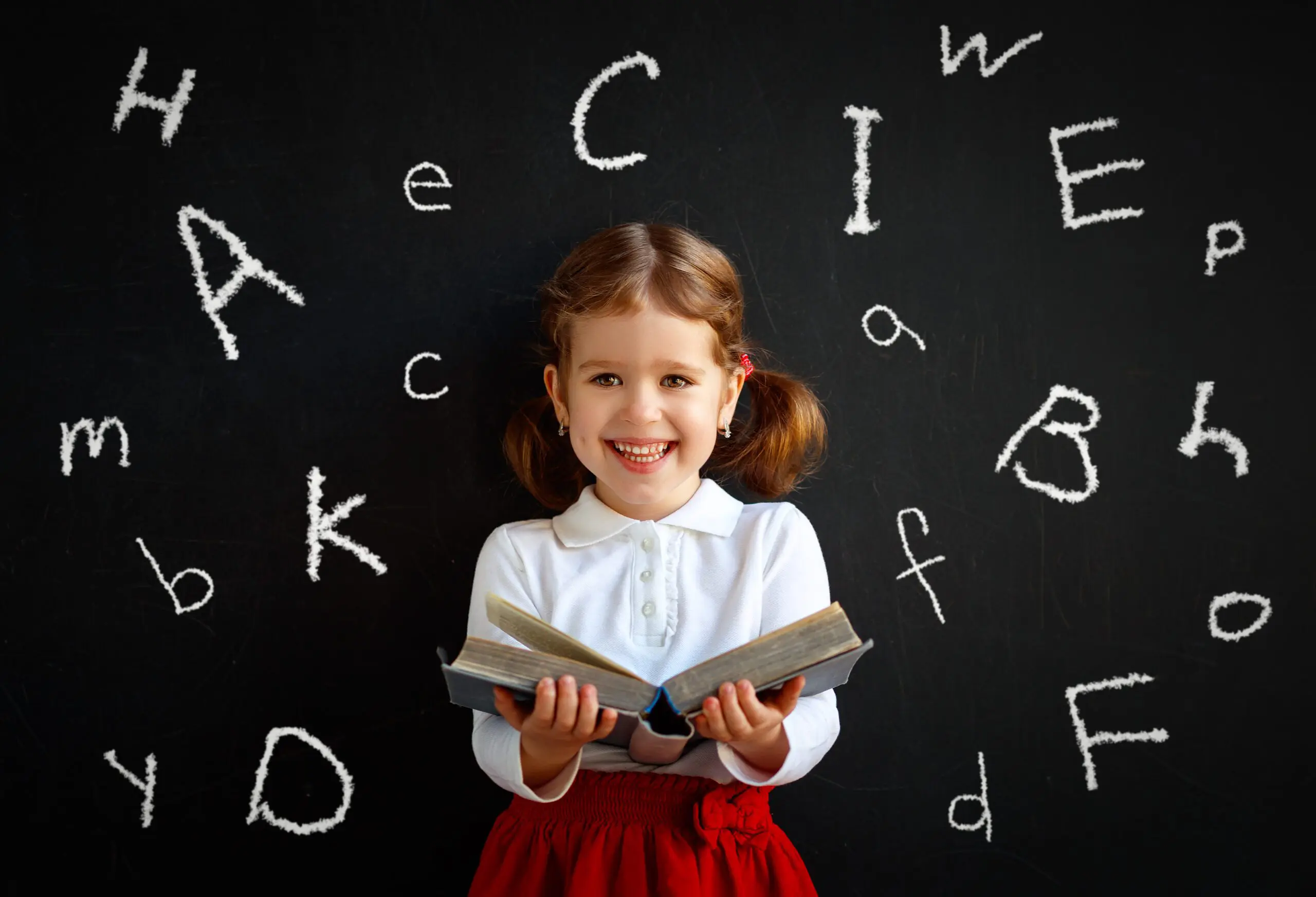Years ago, perhaps when members of the “Baby Boomer” generation were children, (around 1946, or even earlier, to 1964) saw a different parenting style than children of today. No one questioned parents regarding how they raised their kids. Children back then may have gotten a spanking at home, or out in public, if they misbehaved or disrespected their parents or other adults. Parents back then rarely cared whether others saw them give their child a spanking, and never did a parent say, “You are going to get a spanking when we get home.” It was an unspoken and understood fact for many children that if you disobeyed your parents, you risked corporal punishment at that moment. This parenting style is a radical change as compared with the current parenting trend known as “Mindful Parenting”.
Parents back in those days were typically disciplinarians or authoritarians. They usually didn’t feel the need to stop and think first before reacting to their child’s misconduct. Most parents gave the “licking” first and would then tell children to go to their room and think about what they had done wrong. There were no televisions, tablets, computers, or cell phones to play with while spending time-out in a bedroom or corner.
Today, if any parent dares to lay their hands on their child, many schools are obligated to report the incident, and children themselves may even call 911 and report their parent for abuse. These days, most parents are not comfortable spanking their child in public or even at home, for fear of being reported to the authorities. If parents refuse to discipline their child, they are too permissive or indulgent in the child’s misbehavior, their children may never learn about respect for authority.
Kids knew how to respect their parents in the “good ole days”, and those children are the Baby Boomer generation of today. Many Baby Boomers brought up their own children in the same manner in which their parents brought them up. In the 21st Century, most Baby Boomers are either grandparents or even great- grandparents, who suffered no ramifications from physical and immediate discipline from their parents. Today most people have turned their backs on the physical punishment of years past and instead have turned to something entirely different, called “Mindful Parenting”.
A Close Look at Mindful Parenting
In the 21st Century, parents are taking a closer look at how they raise and discipline their children. Members of the Baby Boomer generation may ask, “Does Mindful Parenting work?” Some parents of the 21st Century are uninvolved in their child’s lives or unaware of what their child is doing, due to an array of reasons. These children may not have the opportunity to receive any discipline, to learn respect, or to grow up to be responsible citizens.
Mindful parenting involves making a conscious effort to pay attention to what is happening and why children are doing what they are doing, and refusing to repeat the actions of typical parents of years past. In simpler terms, parents are responding versus reacting. Parents who practice Mindful Parenting make a conscious effort to avoid overacting, and instead take time to think before responding to their children’s negative behavior. Nowadays, compassion is key when it comes to raising children. In many instances, parents may not agree with how their child acted or what they said. But, in contrast with previous generations who may have disciplined their children on the spot, parents are now encouraged to have compassion for their children. In short, today’s parents are reminded to exhibit compassion, empathy, and understanding of their child’s perspective at that moment. This philosophy is known as Mindful Parenting, and today this approach is all the rage in parenting circles.
 Mindful parents live in the moment. Parents must be conscious of where they are, and they must recognize their own thoughts and emotions. They must not judge the world and instead accept how the world is at that moment. Being mindful brings to light something that parents practice in a similar way today as centuries ago, known as Buddhist meditation. This practice makes you more aware of the present as a means to better understanding your child’s behavior in that moment.
Mindful parents live in the moment. Parents must be conscious of where they are, and they must recognize their own thoughts and emotions. They must not judge the world and instead accept how the world is at that moment. Being mindful brings to light something that parents practice in a similar way today as centuries ago, known as Buddhist meditation. This practice makes you more aware of the present as a means to better understanding your child’s behavior in that moment.
- Parents must be good listeners first versus taking action and then listening. Many Baby Boomer parents thought more than once, “If dad would have listened to me.”
- Parents now do not judge the child’s feelings, because feelings are neither right nor wrong; they just are. Unrealistic expectations of the child no longer exist.
- Be aware of emotions
- Never let feelings spur unnecessary reactions, such as yelling at the child or spanking the child at a moment’s notice. Emotions affect situations.
- Never immediately act on your emotions. Think before you act.
- Try to avoid feelings of blame.
Researchers find that parents who practice Mindful Parenting experience fewer episodes of depression, anxiety, or stress. Studies have shown that Mindful Parenting can actually strengthen the parent-child relationship. This form of parenting becomes especially helpful during your child’s adolescence.
Constructively responding to the child showed great benefits to the child, teaching an element of social decision-making. The reduction of physical and mental abuse decreased significantly. The attitudes of the parent improved, along with a decrease in the negative behaviors of the child.
Other Benefits of Mindful Parenting
- Communication between the child and parent improves
- Hyperactive behavior among children decreases
- Parents are increasingly satisfied with outcomes
- Less aggressive behaviors occur
- Decreased depression and anxiety are noted
- Increased parental involvement with the child
- Less effort yielding to positive outcomes is required over time
Mindful parenting encourages us to stop and try to see things through the child’s eyes. Ask yourself, “How is my child seeing the world now?” Children naturally live in the moment, so it is vital that we teach our children to deal with stressors as they arise and see the world through the child’s eyes with compassion, empathy, and understanding.
If you live in Langhorn, PA or surrounding areas, find out more about Children Central by accessing our website.



